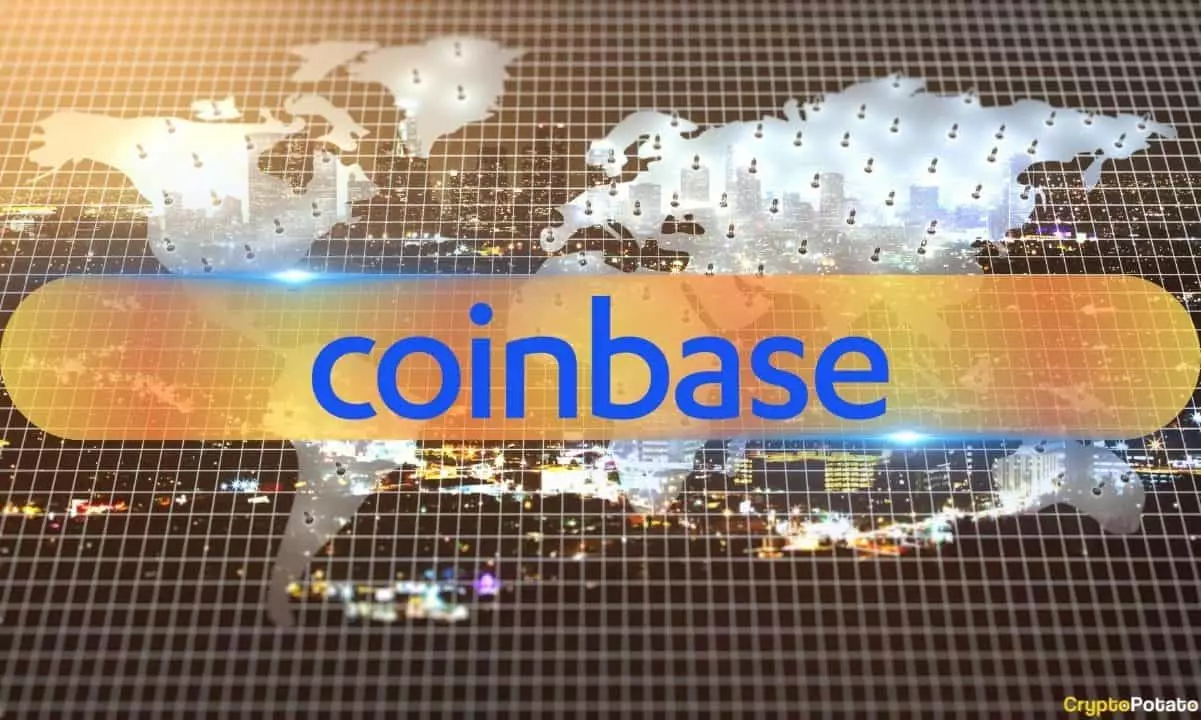On November 1, Coinbase, one of the largest cryptocurrency exchanges in the United States, is set to discontinue its rewards program for holders of the USD Coin (USDC) within the European Economic Area (EEA). This decision comes in the wake of new regulatory demands stemming from the forthcoming Markets in Crypto Assets (MiCA) regulations established by the European Union (EU). The rewards program had previously allowed users to earn interest on their stablecoin holdings, a feature that attracted many investors across over 100 jurisdictions.
The termination of this rewards initiative highlights a growing regulatory landscape that impacts how crypto exchanges operate, particularly within Europe. Websites and businesses within the crypto space must now adapt to a more stringent set of compliance guidelines, making it increasingly important for platforms like Coinbase to pivot quickly to align with these changes.
MiCA is a landmark regulatory framework designed to standardize the treatment of cryptocurrencies across the EU’s 27 member nations. It aims to create a cohesive environment for the issuance and trading of crypto assets, addressing various concerns including consumer protection, market integrity, and anti-money laundering (AML) practices. As exchanges scramble to comply with these regulations, we’re witnessing significant shifts in their business models and available services.
Coinbase users in the EEA will continue to accrue rewards until November 30, with payouts scheduled for early December. This grace period allows customers to claim their rewards without immediate loss, yet the notice serves as a wake-up call for those who may have relied on passive income from their digital assets.
Coinbase’s adjustments are not unique. Competitors in the space, like Bitstamp, have already initiated similar actions in preparation for MiCA compliance. Bitstamp’s decision to delist Euro Tether (EURt), due to non-compliance, indicates that the repercussions of these regulations are leading to a more conservative approach among cryptocurrency exchanges.
Tether is itself making moves to become MiCA-compliant, highlighting that even established entities must reconsider their offerings in light of new rules. These developments suggest a trend towards consolidation and rigidity as companies prioritize regulatory adherence over aggressive growth strategies.
While Norway, Iceland, and Liechtenstein are not EU members, they tend to adopt EU legislation to participate in the internal market effectively. This means that crypto companies operating in these countries may face challenges similar to their EU counterparts. The broader implications of MiCA extend beyond compliance; they redefine how cryptocurrencies can operate in the traditional financial ecosystem.
The transition into a regulated space could also limit innovation within the crypto sector, particularly for startups aiming to enter the market with novel offerings. Investors may also need to recalibrate their expectations regarding yields and returns on stablecoin holdings, as exchanges adopt more conservative practices in response to these new regulatory landscapes.
Coinbase’s decision to halt USDC rewards reflects the profound impact of regulatory frameworks like MiCA on the cryptocurrency industry. As compliance takes precedence, the evolution of crypto services may yield significant changes for both exchanges and their users, ushering in a new era where being compliant is just as important as being competitive.

